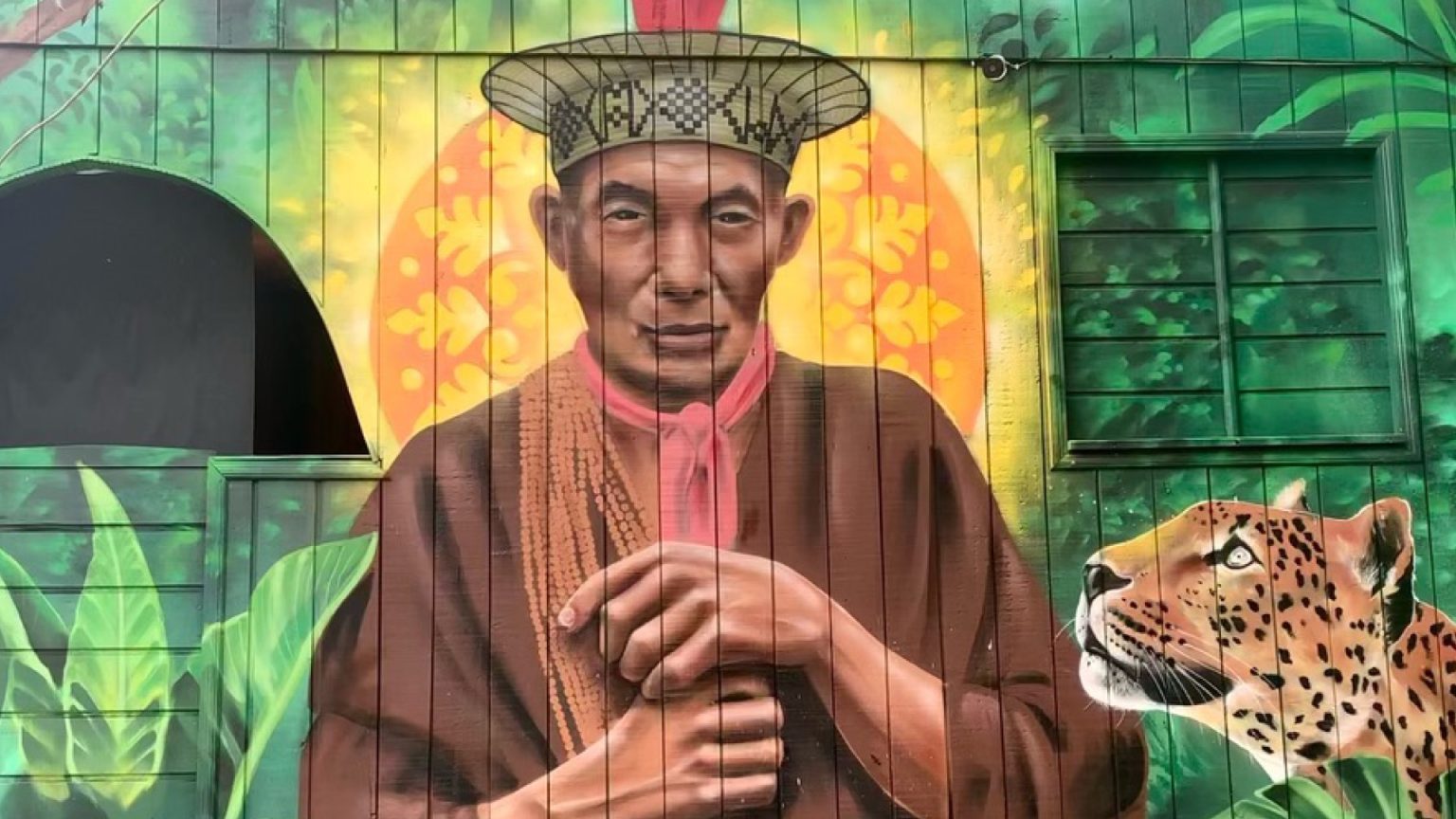The Earthrise documentary embarks on a journey to the heart of the Amazon rainforest, where the Ashaninka people of Apiwtxa, Brazil, offer a powerful example of how a profound connection with nature can inspire global action for planetary well-being. The series underscores the urgent need for change in the face of overwhelming evidence of human-induced environmental destruction. While scientific knowledge regarding the causes and solutions to the climate and nature crisis is readily available, action remains lagging. Earthrise seeks to explore the emerging movements that are challenging humanity to re-evaluate its relationship with nature, shifting from a paradigm of dominance and separation to one of interconnectedness and respect. The Ashaninka, with their unwavering commitment to protecting their ancestral lands and their deep spiritual bond with the rainforest, serve as a beacon of hope and a source of inspiration for this transformative change.
The story begins with the Ashaninka celebrating the 1992 demarcation of their ancestral lands, a hard-fought victory in their ongoing struggle to protect the Amazon from deforestation and external threats. Their resilience and determination stem from a worldview that recognizes the inherent interconnectedness of all life, where humans are not separate from nature, but an integral part of it. This holistic perspective shapes their daily lives, their cultural practices, and their unwavering commitment to preserving the rainforest, which they view not just as a resource, but as a sacred, living entity. Their intimate knowledge of the forest ecosystem, passed down through generations, is a testament to their deep ecological understanding and serves as a powerful counterpoint to the exploitative practices driving environmental degradation.
Earthrise presenter Amanda Burrell immerses herself in the Ashaninka way of life, gaining firsthand experience of their deep connection with the rainforest. She participates in an ayahuasca ceremony, a traditional ritual that facilitates a profound connection with the spirit world and reinforces the interconnectedness of all living things. This experience provides a glimpse into the spiritual dimension of the Ashaninka’s relationship with nature, highlighting the profound respect they hold for the forest as a source of wisdom and healing. It underscores the importance of incorporating Indigenous knowledge and spiritual practices into the global conversation on environmental protection, recognizing their potential to inspire a more harmonious and sustainable relationship with the planet.
Burrell’s journey also takes her to the Institute Yorenka Tasorentsi, an inspiring initiative founded by Benki Piyako, a visionary Ashaninka leader dedicated to reforestation and environmental education. Piyako’s mission is to restore degraded landscapes and inspire people worldwide to live in harmony with nature. His work at the Institute involves planting millions of trees on former pastureland, effectively reclaiming and revitalizing areas that were once ravaged by deforestation. This practical action demonstrates the power of ecological restoration and serves as a tangible example of how human intervention can be a force for positive change, reversing the damage caused by unsustainable practices.
Piyako’s vision extends beyond reforestation; he emphasizes the importance of environmental education as a key component of his mission. He understands that lasting change requires a fundamental shift in mindset, moving away from the anthropocentric worldview that has led to the current ecological crisis. Through the Institute, he shares traditional Ashaninka knowledge and promotes sustainable practices, empowering future generations to become stewards of the environment. His work highlights the crucial role of education in fostering a sense of responsibility and inspiring action for environmental protection, emphasizing the importance of integrating Indigenous wisdom into global environmental discourse.
The Earthrise documentary, through the lens of the Ashaninka experience, illuminates a path towards a more sustainable and harmonious future. It showcases the power of Indigenous knowledge, the profound wisdom embedded in traditional practices, and the transformative potential of a deep connection with nature. The Ashaninka’s unwavering commitment to protecting the Amazon serves as a powerful call to action, reminding us that we are all interconnected and that the fate of the planet rests on our collective responsibility to live in balance with the natural world. Their story exemplifies the urgent need for a global shift in consciousness, one that embraces the interconnected web of life and recognizes the inherent value of all living beings.

